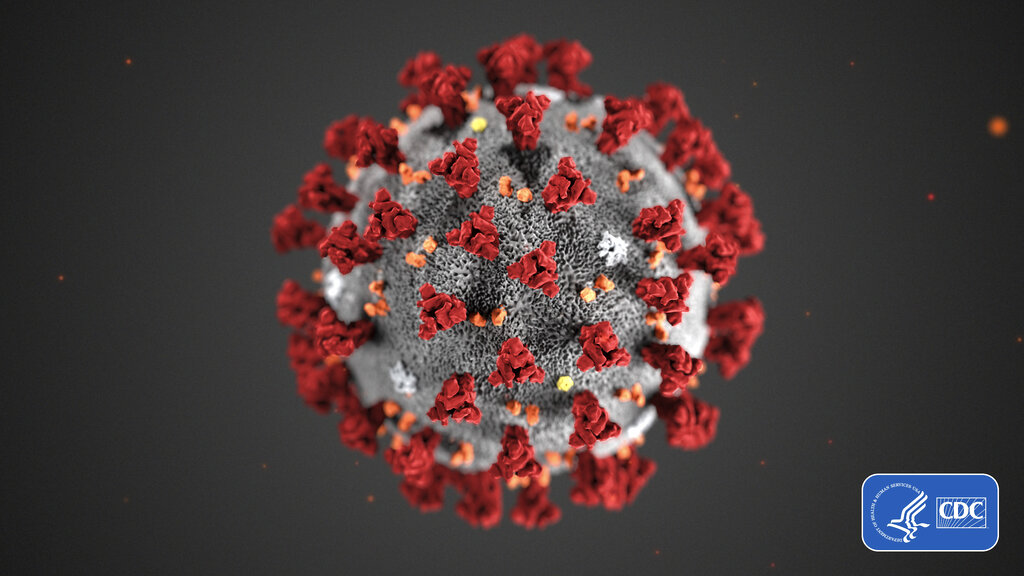The death toll in China's coronavirus outbreak rose to 811 on Sunday, surpassing the number of fatalities in the 2002-03 SARS epidemic, while over 37,000 people have been confirmed as being infected with the deadly virus that has spread to more than 25 countries.
Eighty-nine deaths were reported on Saturday - the highest single-day death toll - and there were 2,656 new confirmed cases of the deadly infection, China's National Health Commission said in its daily report on Sunday.
A total of 811 people have died of the disease so far and 37,198 confirmed cases have been reported in 31 provincial-level regions in China, according to the commission.
The death toll surpassed the number of fatalities in the 2002-2003 Severe Acute Respiratory Syndrome or SARS epidemic that started in southern China and killed more than 700 people in the mainland, Hong Kong and elsewhere.
Among the 89 deaths, 81 were from Hubei province, the epicentre of the virus outbreak, two in Henan, and one each in Hebei, Heilongjiang, Anhui, Shandong, Hunan and Guangxi Zhuang Autonomous Region, it said.
On Saturday, 600 people, including 324 in Hubei province, recovered and walked out of the hospitals, state-run Xinhua news agency reported.
As per the data released by the commission, confirmed cases in Hubei, the ground zero of the epidemic, showed a drop perhaps for the first time since the virulent virus first emerged in the province in December.
On Saturday, Hubei reported 2,147 new confirmed cases of the novel coronavirus infection, the commission said.
The figure is 694 less compared with the new confirmed cases reported in the previous day, it said.
Hubei's capital Wuhan reported 1,379 new infections and 63 new deaths, and the cities of Xiaogan and Huanggang reported 123 and 100 new confirmed cases, respectively, according to the provincial health commission.
Hubei alone reported 27,100 confirmed cases of the novel coronavirus infection, with 780 deaths and 5,247 cases in severe or critical condition.
Also, 1,439 patients have been discharged after recovery from the hospital, it said.
Across China, 6,188 patients remained in severe condition and 28,942 people were suspected of being infected with the virus, it said.
A total of 2,649 people had been discharged from hospital after recovery.
By the end of Saturday, 26 confirmed cases and one death had been reported in Hong Kong, 10 confirmed cases in Macao and 17 in Taiwan.
One patient in Macao and one in Taiwan were discharged from hospital after recovery, it said.
On Saturday, an American woman and a Japanese man became the first foreigners to have died from the new coronavirus in China.
The 60-year old American citizen died in Wuhan, the US embassy here said, the first confirmed foreign death from the outbreak in China.
The Chinese Foreign Ministry last week said that 19 foreign nationals in China have been confirmed to have contracted the virus and undergoing treatment in hospitals.
Two of them were discharged after recovery, the ministry said, without disclosing details. Earlier reports said that four Pakistanis and two Australians contracted the virus.
A Japanese man hospitalised in Wuhan with pneumonia has also died, Japan's foreign ministry announced in Tokyo.
Meanwhile, the head of the World Health Organisation (WHO) said on Saturday that the UN health agency will send an international mission to China as it received a response from Beijing.
WHO Director-General Tedros Adhanom Ghebreyesus said the team leader will leave early next week with the rest of the experts to follow.
The UN health agency said the number of cases of the coronavirus in China is “stabilising”, which is a “good news”.
It, however, cautioned that it was too early to make any predictions about whether the virus might have peaked.
”There has been a stabilisation in the number of cases reported from Hubei,” Michael Ryan, head of WHO's Health Emergencies Programme said at a briefing in Geneva.
”We're in a four-day stable period where the number of reported cases hasn't advanced. That's good news and may reflect the impact of the control measures that have been put in place,” Ryan was quoted as saying.
But he added that it was “very early to make any predictions”.
Ghebreyesus said the trend was “not really accelerating” but advised “caution”.











